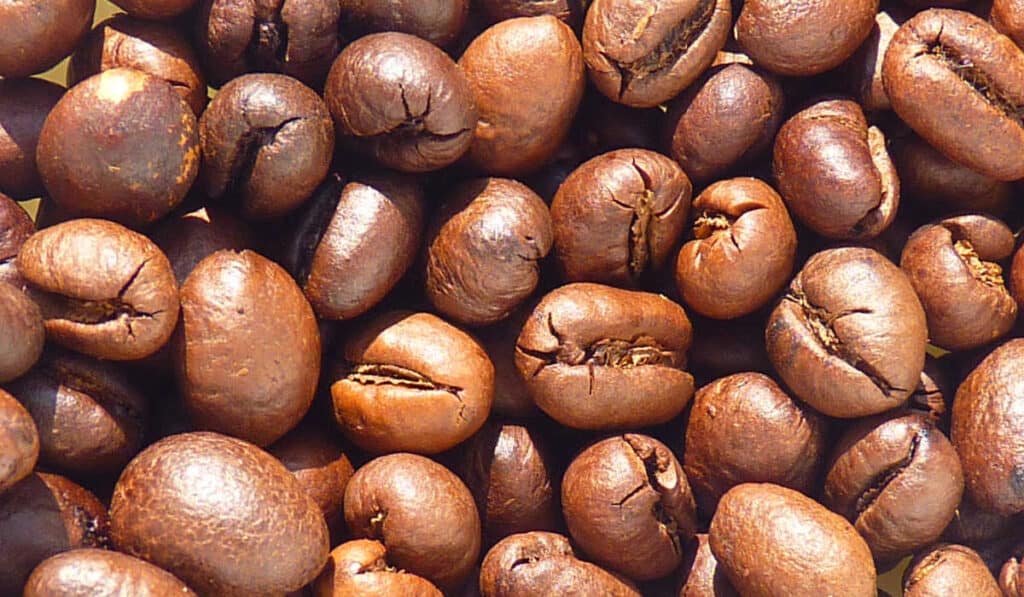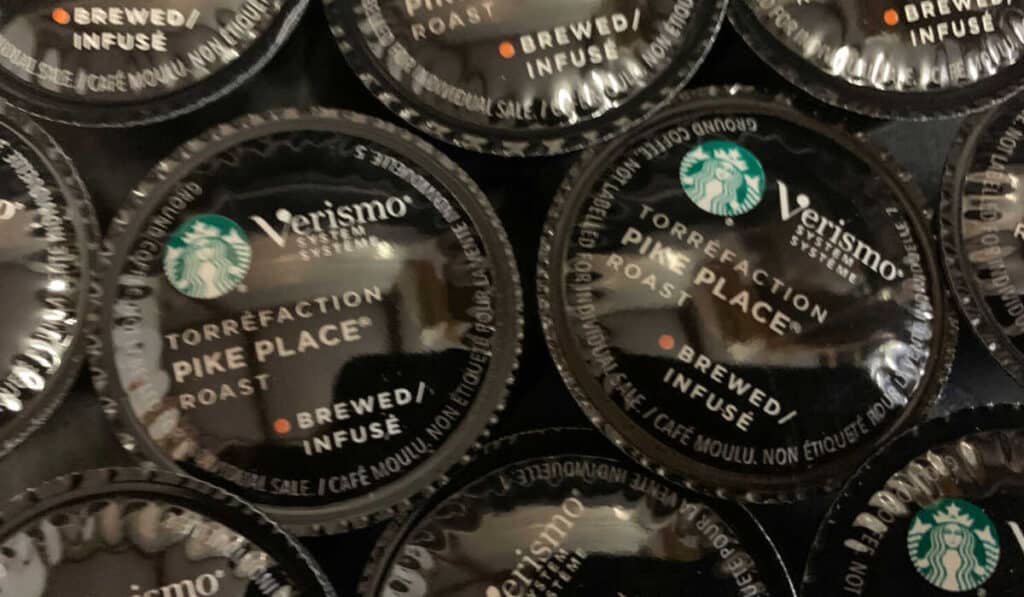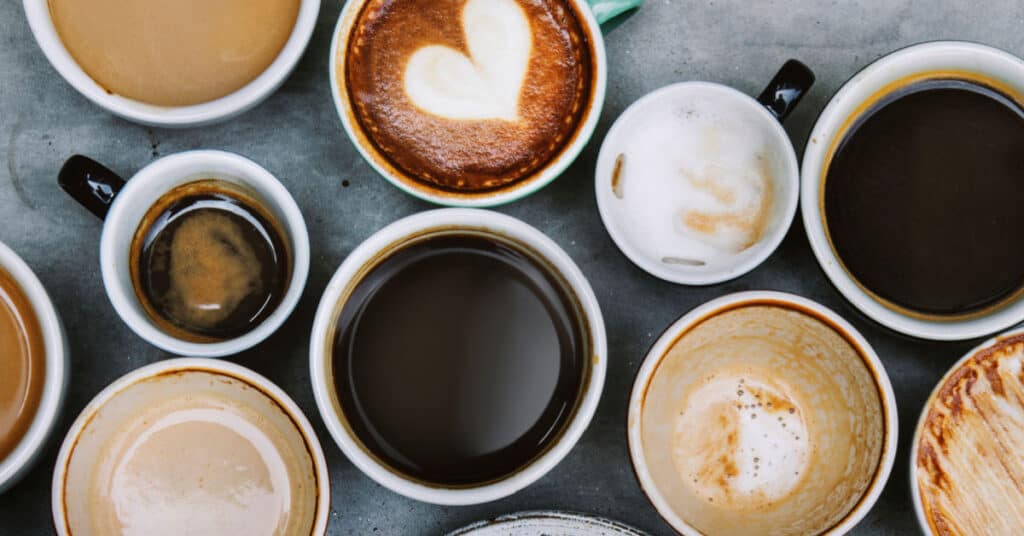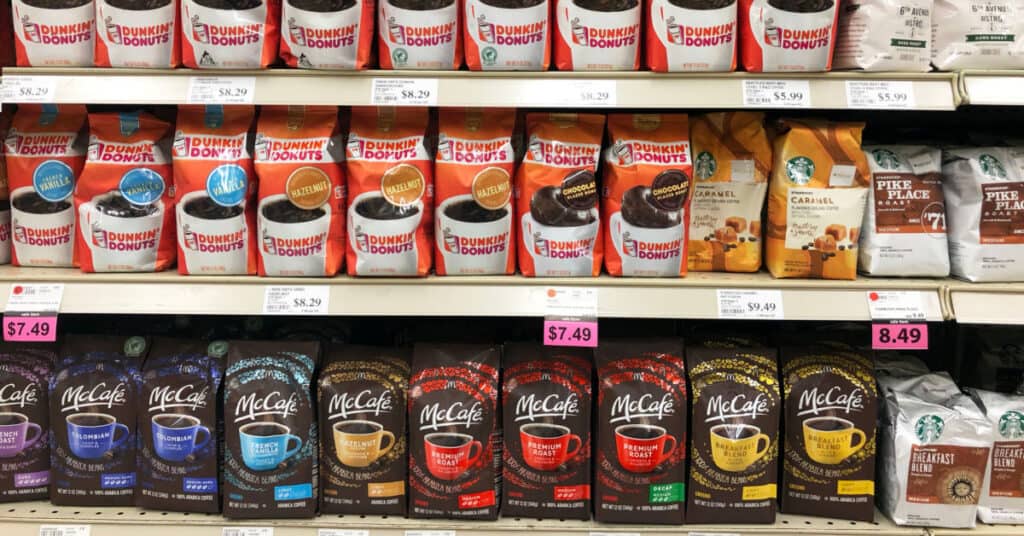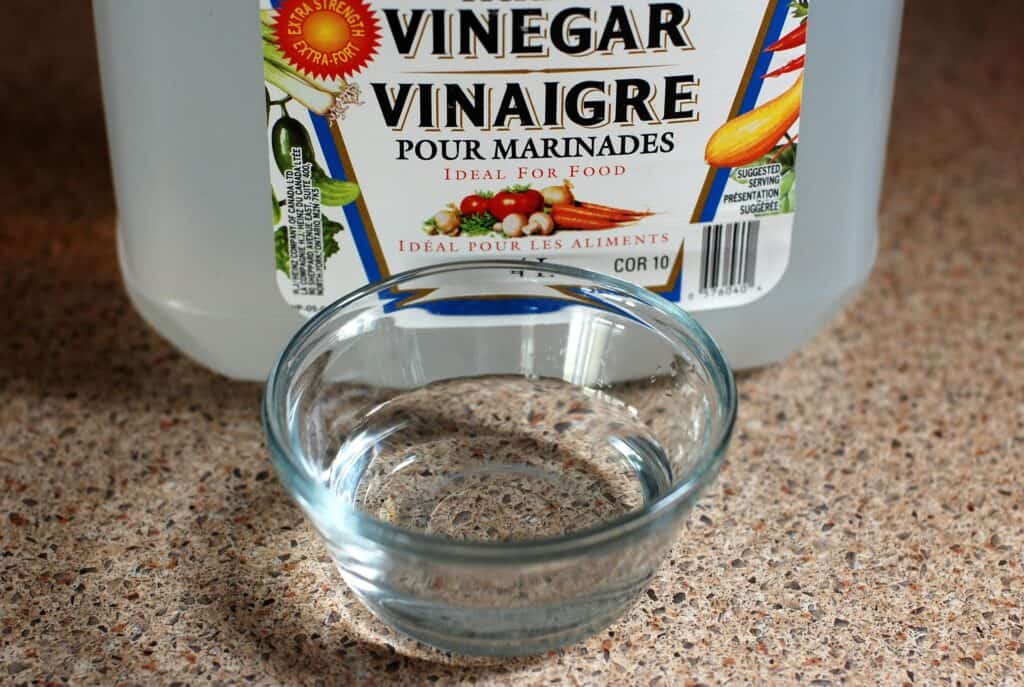As an Amazon Associate I earn from qualifying purchases.
Tea is gross, I get it. It always tastes like dirty water and doesn’t provide nearly the kick that I expect from my morning pick-me-up.
Or at least, that’s what I thought until it turned out that I was simply messing up my own tea when I made it.
So if you’re in the same boat that I was (wondering why everyone likes tea so much) then let’s do some troubleshooting and find out what’s going wrong!
I will admit that every type of tea isn’t for everyone but there are so many ways to drink tea (and different flavors) that you’ll likely find one that doesn’t taste like water.
So let’s jump in deeper and discover all the possible reasons why your tea tastes bad and more!
Why Does My Tea Always Taste Like Water?
The most common reason you are getting a weak and watery tea is that your tea is not infused properly in the medium. Inadequate temperature or lack of proper steeping time can be the primary causes of this issue.
If you cannot extract all the necessary flavors and chemicals from the tea leaves, what will likely remain is water. Hence, you get such a watery and weak taste.
Try steeping your tea for longer or adjusting your tea/water ratio (meaning more tea bags or less water).
Is Tea Supposed To Taste Watery?
Tea is not supposed to taste watery, and if you are feeling it, it is mainly because of a fault in the tea brewing process (for example, inadequate steeping time, insufficient use of tea leaves, etc.). As a general rule, a sign of great tea is a strong and recognizable taste.
For instance, words like “bright,” “smooth,” and “refreshing” can be used to describe the taste of the green tea that tastes best. In comparison, black tea should have a more intense and deeper taste.
If you are used to coffee levels of flavor and creaminess, adding your favorite creamer to your tea is a great way to make it seem more substantial.
Does All Tea Taste The Same?
All teas don’t taste the same. For example, white teas are light and delicate, whereas black teas are full-bodied and robust.
Here’s a table that lists the taste notes that are associated with various tea types:
| Tea Type: | Taste Note: |
|---|---|
| Black tea | Malty, Earthy, Smoky |
| White tea | Floral, Fruity, Sweet |
| Green tea | Grassy, Nutty, Vegetal |
| Matcha tea | Sweet, Smooth, Bitter |
So if you are observing it, you are likely not able to extract the flavors of tea leaves, or you are improperly brewing the tea.
The flavor of the tea is also heavily influenced by the brand, how it’s processed, how long it’s steeped, etc.
If all types of tea taste the same to you it’s likely more of a function of what you’re adding to it that the tea itself.
In addition to a slightly different taste, each type of tea has different properties. If you’re looking for both health benefits and a delicious experience you’ll want to choose a tea that meets both criteria.

If you’re looking for a tea that both tastes different than regular teas and has health benefits, try green tea! High-quality matcha will absolutely change your mind if you think that every type of tea tastes more or less the same.
Most Common Reasons That Your Tea Tastes Bad
Beyond tasting like dirty water there are a lot of reasons that tea can be unenjoyable. Most of these reasons also stem from improper brewing techniques so let’s go a step beyond addressing your watery tea issue and get ahead of some other potential problems.
The most common reason your tea tastes bad and likely bitter is that you are brewing it for too long and allowing the release of tannins. However, there could also be other reasons such as low-quality water or tea, inadequate tea or water content, improper water temperature, and more.
#1. Excessive Steeping Time
While you brew your tea, how long you let it steep is crucial, and it varies based on the type of tea you are using. Follow this table as a good general guideline of steeping time:
| Tea Type: | Steeping Time: |
|---|---|
| Black tea | 3-4 min |
| Green tea | 3-4 min |
| White tea | 4-5 min |
If you leave your tea steeping for too long, it is quite natural for the leaves to get over-extracted. One of the primary causes of the bitter taste in tea is tannins. And the more you allow your tea to brew, the more this chemical is released, resulting in a bitter and unpleasant taste.
Solution: Try to follow the recommended steeping time based on the tea you are using for better results!
#2. Poor Water Quality

The core component of tea is water, apart from the tea leaves themselves. So, while brewing your tea, you allow all the chemical reactions between the chemical components of tea and water.
Since chemistry is heavily present in this process, the quality of the water will probably influence the result – taste!
Solution: You can check the things like hardness, pH level, and mineral content of the water. And you can also use filtered water to brew the tea and compare the taste difference. If you notice a significant taste change, filtering your water may make sense!
#3. Low-Quality Tea
Of course, we can’t only blame the water. The quality of the tea itself can also be the cause of the bad taste you are experiencing.
If you’re expecting a gourmet experience from Lipton Tea bags then I’ve got bag news for you.
My dad always hated tea until I got him a nicely flavored tea from a brand that sourced high-quality ingredients. So don’t blame the tea!
Solution: Always aim to purchase tea from reputed and trusted brands for better quality.
#4. Poor Tea/Water Ratio
If you didn’t use enough tea for the amount of water, you will most likely not get the ideal taste. If you’re anything like me you probably find normal tea too watery.
Finding a more acceptable water ratio gave better (more) flavor as well as more caffeine!
Something this has meant that I use up to 4 tea bags for a large mug of tea. You’ll just have to experiment to find out what tastes the best to you.
Solution: For ideal taste, you need to maintain the proper tea to water ratio based on the tea type you are using.
#5. Improper Water Temperature
If you are experiencing a bitter and unpleasant taste, your tea leaves would have burned out because of the high water temperature.
Most teas recommend using water between 200 and 212 degrees. Using water that is too hot can not only ruin the taste of your tea but can even increase your risk of esophageal cancer.
Solution: Always try to use the recommended water temperature for the particular type of tea you are using.
#6. Inadequate Sugar Content
It is important to note that sugar can potentially dilute the flavor of tea leaves. I typically limit the use of sugar in my coffee or tea for both health and flavor reasons.
For example, my wife always thought she loved tea. But she added so much honey and milk to her mugs that she never actually tasted it. She just like honeyed milk. Experimenting with different types and amounts of sweeteners can give you an entirely different experience.
Solution: If you plan to add sweetening items like sugar, remember to add it before you brew your tea.
#7. Recently Tasted Other Food
Did you eat something that had a very strong taste? For example, did you recently eat any food with lots of onions or garlic flavors? Then remember, it could also influence the taste you would have with your tea.
The same is true if you have recently had something very sweet. Herbal teas, for example, typically taste terribly if you’ve just had chocolate or something super sweet.
Solution: Simple! Just avoid eating anything that has a very strong influencing taste. Also, avoid eating very sweet chocolates or something like that just before you drink tea, because otherwise, you will feel the taste of the tea as unsweet.
Final Thoughts
In general, your tea tastes bad because of the improper brewing process (not enough steeping, improper water temperature usage) or inadequate quality of the material used (poor water or tea quality).
Once you are aware of the primary causes, you can quickly identify the potential solution to those problems. Hope now you will have a better tea taste after reading this guide.
Best of luck!



